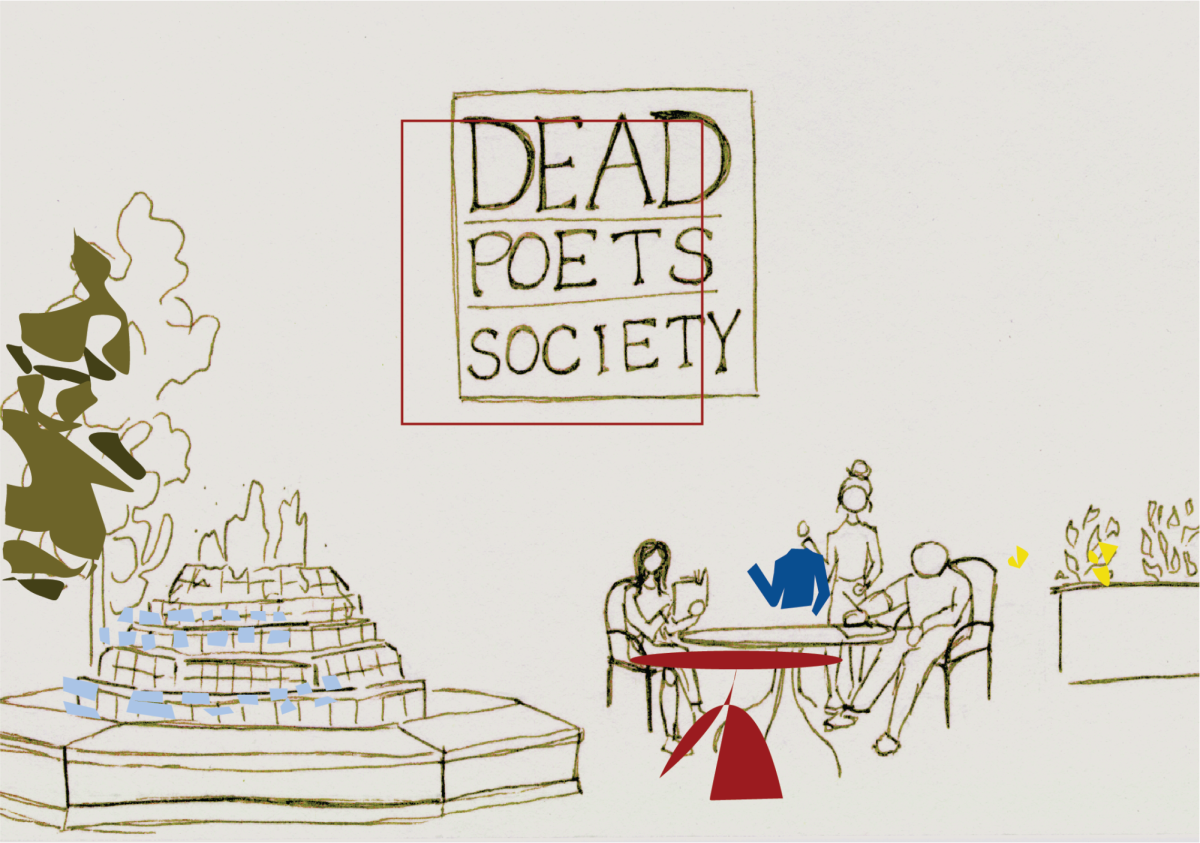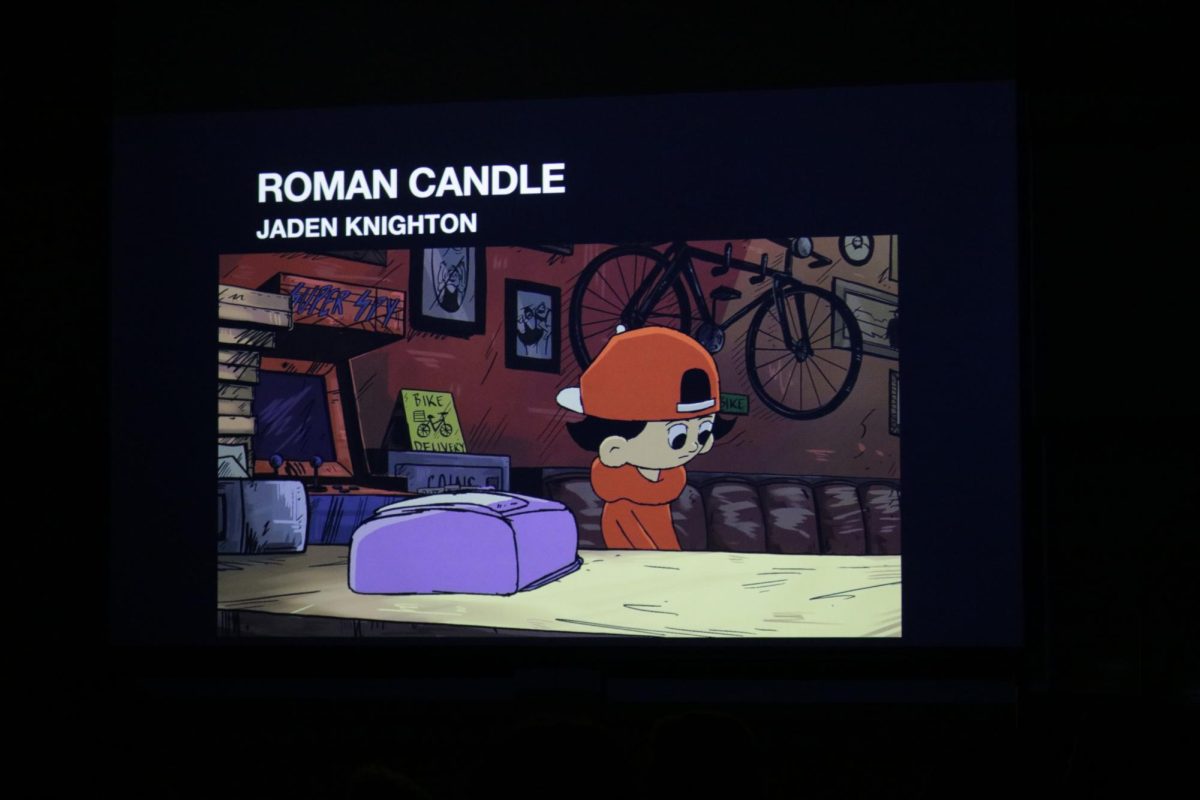Opening in a theatrical, war-like string symphony, “Positions” follows every rule Ariana Grande has ever set for herself. It is about healing, love, sex and the search for fulfillment in the wake of loss and love. A downward emotional pull, the album leaves everything unresolved, an honest show of the pieces left in heartbreak. It is a highly promiscuous album, so listeners should be cautioned.
GRANDE’S SIGNATURE SOUND
Satiating harmonies echo through the whole piece, punctuated nicely by trap beats. Soft and lush symphonic themes trace every song, the production following “Sweetener” almost exactly. She does what she always does excellently—jaw-dropping whistle tones, unique phrasing, dreamy layering and empowered, honest and uprising lyrics.
“Positions” is the title track on the album, with 61 million streams on its music video and counting. It opens with an orchestral staccato, then soars to a rhythmic and catchy phrasing that carries the chorus. This song features her signature whistle tones, found only if the audience is really listening for them.
The album fails to differentiate itself from her other works, and the tracks on the album also fail to differentiate themselves from each other upon first listen. It could be the mastering, the similar structure, the repetitive lyrics or the lack of varied instrumentation—but maybe it is all of those elements combined.
HORIZONS OF HEALING
In the first 10 seconds of the album, Grande drops a bomb.
“All of these demons helped me see s*** differently/ so don’t feel sorry for me,” she sings in the first verse of “shut up.”
This sets the tone for the next fourteen tracks. It is a war between healing from past trauma and subjecting herself to love. She sings most acutely about this in “safety net (feat. Ty Dolla $ign).”
“I’ve never been this scared before/ Feelings I just can’t ignore/ Don’t know if I should fight or fly,” she cries in the pre-chorus.
Fight or flight is a common thought pattern of those struggling with anxiety or post-traumatic stress disorder, all of which Grande has admitted to struggling with in the past. It can affect relationships through the anxiety it brings by making one unsure of the future, or scared of the uncertainty that love inevitably brings. The A and B format of expressing fear, love and then fear again shows the back and forth she is experiencing.
In fact, these patterns seem to repeat in a broader sense. The first song opens with her talking about her demons, and then the next track is titled “34+35,” a not-so-subtle innuendo that expresses desire. She then goes back to question her partner’s “motive” with Doja Cat. She continues to battle and finally visualizes victory in the chorus of “pov.”
“I wanna trust me (Trust me)/ The way that you trust me (Trust me),” she croons over smooth synths and deep drums.
There is something about the love she has experienced, a love that is patient, that allows her to see herself from someone else’s point of view. This broadens her horizon of healing and is arguably the telos of her latest work.












